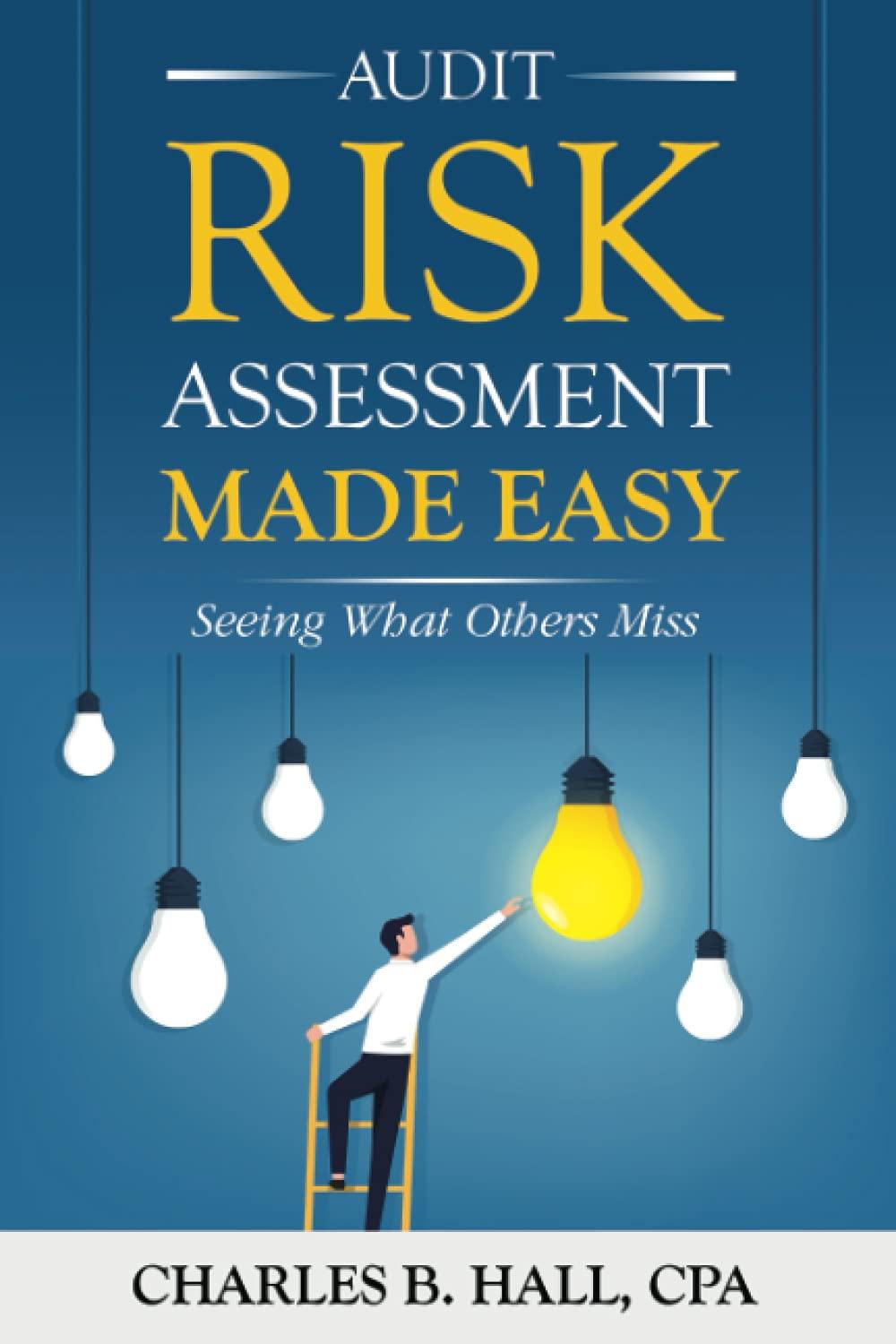Question
Prepare the schedule of year-end deferred tax assets and liabilities for each year. The schedule should separately list the sources of the firms ending deferred
- Prepare the schedule of year-end deferred tax assets and liabilities for each year. The schedule should separately list the sources of the firms ending deferred tax assets and deferred tax liabilities by their source. The total for each schedule should equal the firms deferred tax asset and deferred tax liability balance at the end of the year.
- Prepare a schedule reconciling the Statutory Tax Rate to the Effective Tax Rate in dollars and percentages.
- Determine the amount of current and deferred tax expense for each year.
- Assume that during year 2 Congress changes the tax rate from 20% to 25% starting in year 3 and all years thereafter. Recalculate tax expense for year 2 adjusting for the future tax rate increase.
On 1/1/Y1, the firm issued 10,000 nonqualified stock options to employees. The shares are currently trading for $10 per share. The option exercise price is set equal to $10 and the fair value of each option is $3. The vesting service period for the stock options is 18 months. The firm receives a deduction equal to the employees gain on the exercise of the option when the option is exercised. At the end of year 2 employees exercised 7,000 options. The fair value of the firms stock on this date is $19 per share.
On 1/1/Y1 the firm purchased 1,000 shares of D Corp. for $30 per share. The shares are classified as minority passive investments. Gains/Losses are taxable/deductible when the shares are sold.
On 1/1/Y1 the firm paid a $90,000 premium for a 3-year insurance policy that expires 12/31/Y3. The insurance premiums are deductible when paid.
During Y2, the firm accrued charges of $32,000 that will be deductible when paid in Y3.
At the end of Y1, management determined that it was appropriate to set up a deferred tax asset valuation allowance of $4,000. At the end of Y2, management determined that the allowance was no longer necessary
Management has determined that it is unlikely that 10% of the R&D tax credits claimed each year would be approved on their merits if they were challenged by the IRS
Use a domestic (US) tax rate of 21% and a foreign tax rate of 12%. Assume all book/tax Differences relate to domestic taxable income.
| Year 1 | Year 2 | |
| Domestic Earnings before Tax | $600,000 | $1,000,000 |
| Foreign earnings before tax | $300,000 | $200,000 |
| D. Corp. year-end share price | $20 | $24 |
| 12/31 balance in unearned revenue (taxable when received) | $400,000 | $300,000 |
| Nondeductible Excessive Compensation paid | $50,000 | $60,000 |
| Nontaxable Interest Income received | $24,000 | $16,000 |
| R&D Tax credit taken | $20,000 | $30,000 |
| GAAP Depreciation expense recorded | $100,000 | $130,000 |
| Tax deduction for depreciation | $180,000 | $220,000 |
Step by Step Solution
There are 3 Steps involved in it
Step: 1

Get Instant Access to Expert-Tailored Solutions
See step-by-step solutions with expert insights and AI powered tools for academic success
Step: 2

Step: 3

Ace Your Homework with AI
Get the answers you need in no time with our AI-driven, step-by-step assistance
Get Started


